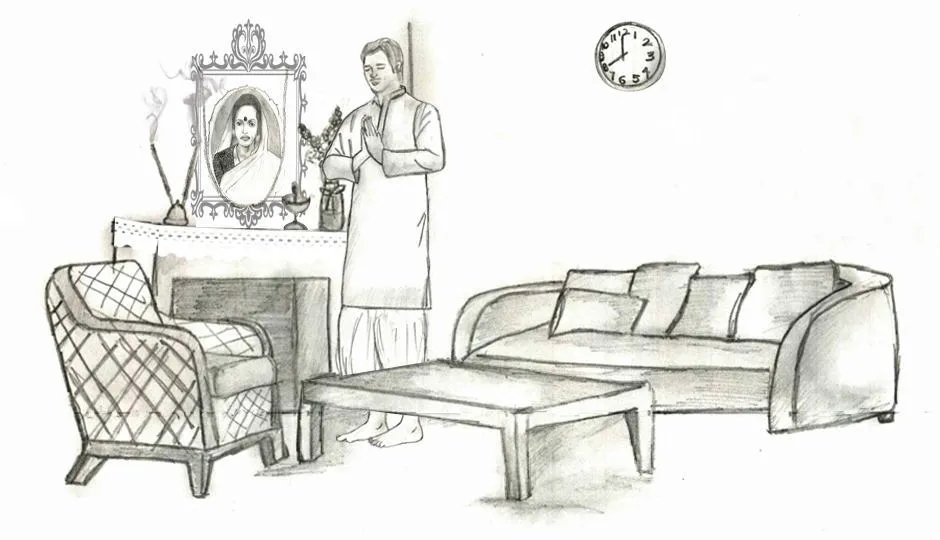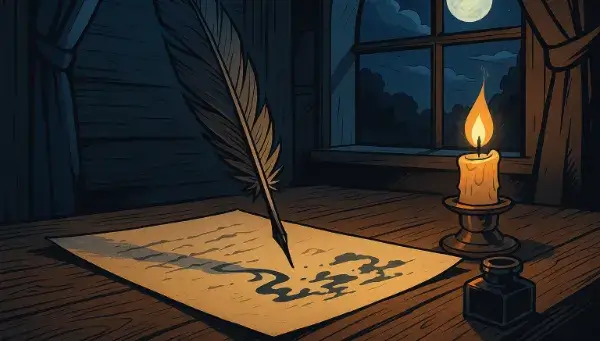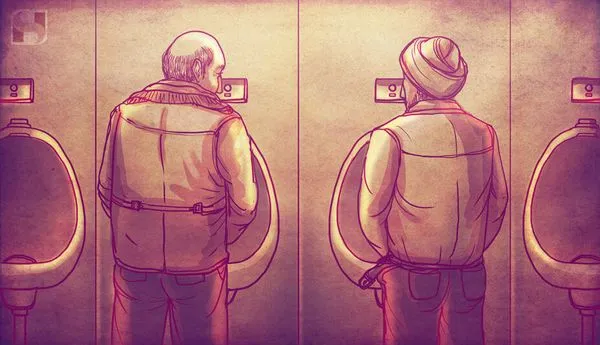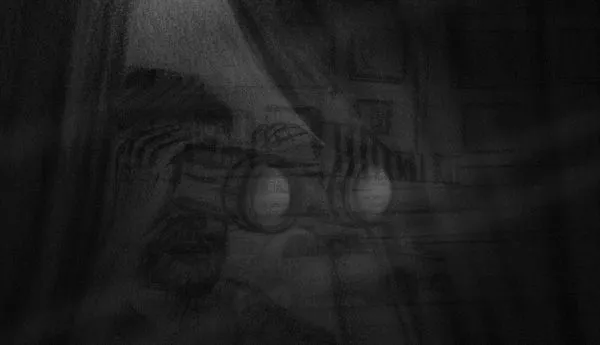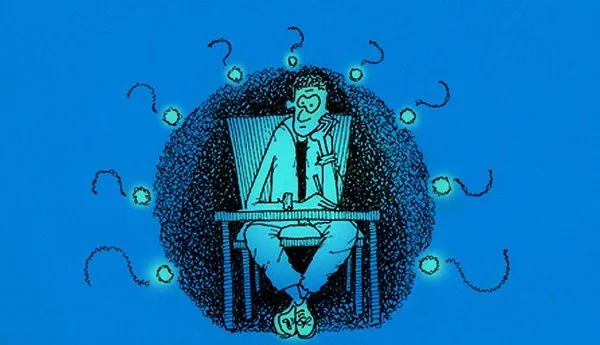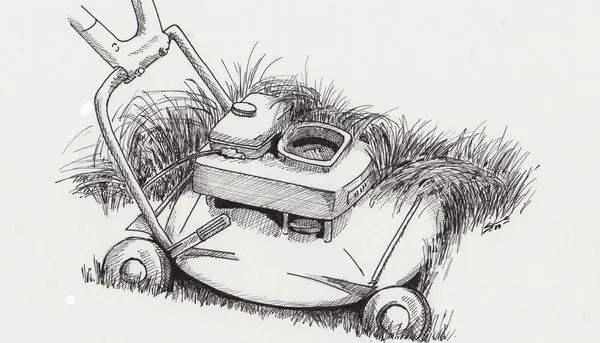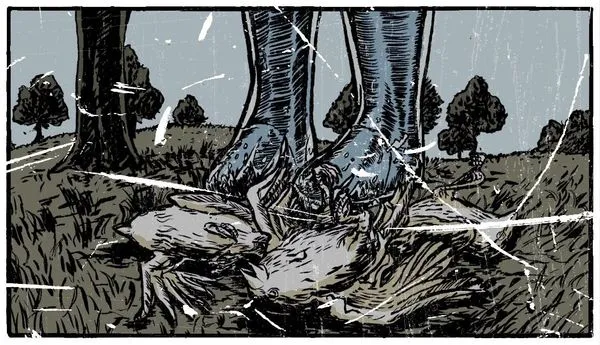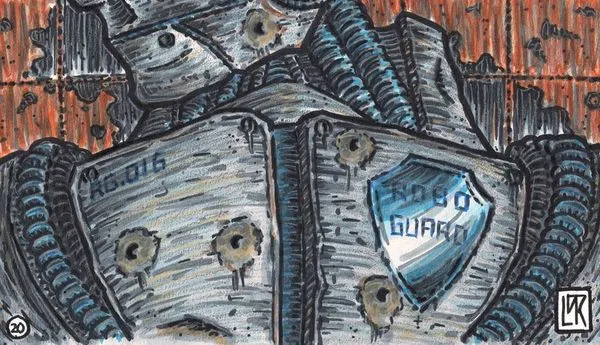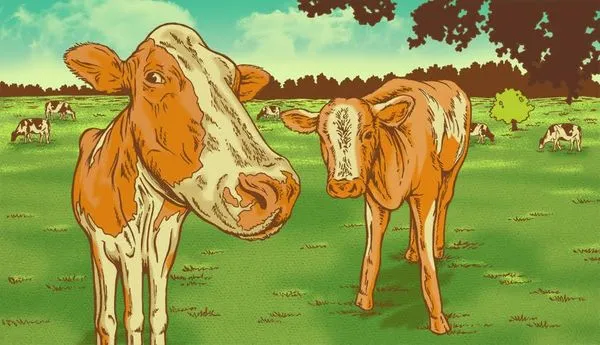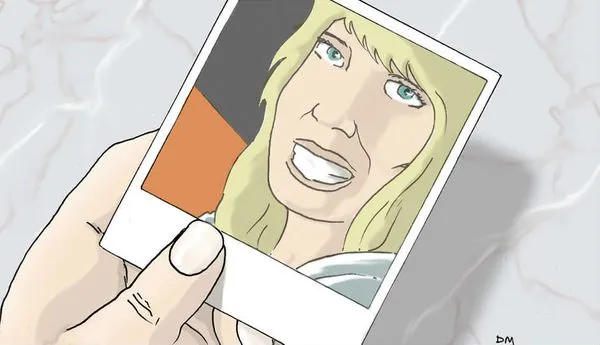Grandma’s Photograph
Arpita Pramanick | Lakshmy Mathur
Published on 2015-08-13
They wrapped my grandmother in the softest silk she owned, a pale yellow one. Her hair was tied in a bun that you couldn’t see as she was lying on the wooden cot on her back. My aunt squeezed the remains of the Fair and Lovely beauty cream from the tube and massaged the cream on grandma’s face. Then, my mother ran the scarlet lipstick across her lips. This time grandma’s lips did not quiver to the pressure. She did not rub her lips together to spread the color evenly. I could see a smudge my mother’s trembling hand made with the lipstick below her lower lip. No one told mom to wipe it.
Everywhere I looked, there were people and people. They had tired looks on their faces. Their cheeks were tear-stained. They reclined against the wall or the bed-post, the muscles of their bodies loose and resigned, their shoulders drooping. Those, whose body parts were moving, like my aunt who was putting a wreath of tuberoses on my grandmother’s chest, moved their tissues mechanically — their motions systematic, robotic.
I saw my father at the door. “They are ready to take her now,” he said. His voice was cracked and barely comprehensible. A neighbor supported his listless frame by the shoulder. The neighbor repeated, “The truck is ready. Please hurry.”
His words were like a magician’s cue. A dozen human faces distorted at the same time with pain. Howling tears arose from all corners of the room. My aunt cried out loudly, her husband barely able to contain her convulsions. My uncles and other aunts cried at the top of their lungs — the sheer chill in their voice sent chills through me. My mother put a piece of cloth in her mouth to prevent herself from crying. The kids — my cousins — initially looked around, confused. Then, their tears erupted seeing their parents cry.
My grandfather, his eyes hidden behind dark glasses since his cataract operation, was the lone figure of calmness. He sat silently by grandma’s side, holding her hands in his. White stubble crowded his lined face.
I had never seen such grieving until this evening when the doctor announced my grandmother’s death. Uncles and aunts came from other cities within hours, holding their kids by the hand. Their free hands were on their mouths, their faces contorted with tears.
My father fell on the door-step, “Oh, where’d they take my mother!”
The neighbors who were inside the room, trying to calm the wailing family, rushed to him. They sprinkled water on father’s face, shaking his face and shoulders.
After he gained consciousness, he became party to the three other men — my uncles and a neighbor, who raised my grandmother’s cot and gradually walked out of the room with her body perched on their shoulders. Fresh tears and yowling arose, but they were numbed by the rhythmic chants of a Hindu god’s name by the pallbearers.
My grandfather sat in his meditating position, his hands empty now. A tear ran down his cheek.
For the last time, grandma crossed our threshold.
Seventeen years later, I am home again on a holiday from college. I wake up, prodded by my mother. With sleepy eyes, I tidy the bed. I walk into the other room. He is sitting before my grandmother’s portrait, a black and white photograph taken when she was probably in her early twenties. She does not have vermillion in the parting of her hair in the picture, proof that this was taken before her marriage.
Her kind eyes look at my father’s bowed position, his palms joined in a gesture of Namaste. He is wearing a white dhoti that barely covers his ankles.
Grandma’s photograph has been taken out this morning from the show-case, where it usually sits beside another black and white photo — a photo of the man who was husband to her. Today, both the photos have been cleaned by my mother, the old garlands hanging on them thrown away.
Only grandma’s photo, however, has left the show case and has been placed carefully on a table covered with a neatly-embroidered tablecloth. A fresh garland of jasmine hangs across it, its pious smell filling the room. Tuberose cuttings stand in a vase filled with water. Incense sticks burn, accentuating the fragrance of the jasmine.
Mother lights an oil lamp and pushes it towards the photograph.
“Come sit with us,” father tells me.
I sit beside him and my mother.
“We’ll observe a minute of silence, now.” I am reminded of the one-minute silence we maintained in the prayer hall of my school, so many years ago, when someone famous died.
My parents close their eyes. The room becomes still except for the whirring fan above us. I look at the people beside me. I look at the strands of grey in their black hair. I hover my eyes across the room. Each wall has a picture of some Hindu god or goddess — some are actual photographs in frames, while others have been cut out from calendars.
The silent mourning is over. My father blows the conch shell thrice. He raises the oil lamp in his hand and circles it before my grandmother’s photograph.
I want to get into my father’s head and comprehend what this day, seventeen years today since my grandma died, means to him. Why does he seek solace in these rituals which make no sense to me? Why do they keep so many pictures of Gods around the house, ruining the décor?
My mother says, “When I die, do observe these rituals for me, will you?”
I look into her warm brown eyes behind the rimmed glasses which help her see things near her better. She has more creases near her eyebrows now. The vermillion glows on her forehead and in the parting of her hair.
Mentally, I replace her face with the face in the black and white photograph. A shiver spreads on my skin, leaving goose bumps in the process.

